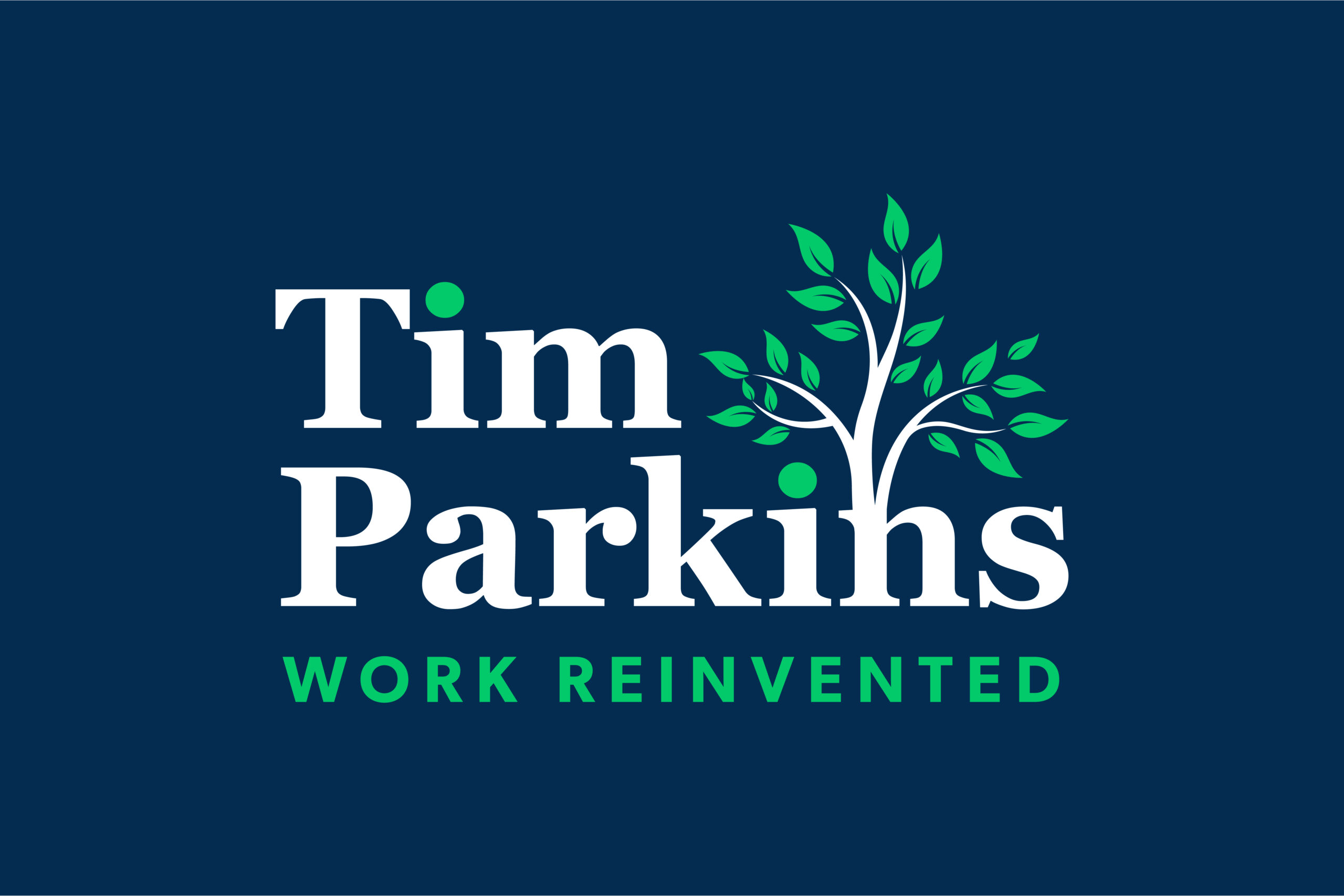Work. What Is It Good For?
|
|
Here’s a crazy question for you; “Why do you work?”
The answer that almost everyone provides when asked this question is “to make money”. Which is fair. After all, we need to buy food to eat, to pay for shelter, and to purchase our way through daily life.
But it is a superficial answer. Because if you go a level deeper, and think about why you want to earn MORE money (as almost everyone does), you think about all the amazing things you would do, if only you had more money. If only the world was more just and paid you what you were really worth.Then you could be happy!
Here’s the thing; that is NOT how it works! Because as soon as you earning more money, you almost inevitably end up spending more money. Welcome to the “hedonic treadmill”.
According to Richie Norton, author of the book “Anti-Time Management”, the problem is that as a society, “we stopped saving money and started saving our dreams”. Which is so true when you think about it; so many of us have fully bought into the idea of working hard now, so that we can have time and security at age 65 when we retire. The thing is, we may not even be alive at that point. Or our health may have deteriorated to where we cannot do what we had so desperately wanted to do. As Richie points out, “We have full calendars but empty lives”.
When we choose to work (and yes, it IS a choice!) you are essentially trading your time for money. And the point of having the money is?? To pay for what you need to live. And to buy yourself time, to allow you to spend more of your time doing the things you love. So you end up doing things you don’t like for work, to get money to allow you to have time do the things that you like to do. Do you see the paradox here?
People think we need to work to get money, that money is the reward. But maybe the reward for work should actually be health and the opportunity to play? Just another perspective.
Work can be just a transaction, which is how most people view it. “I do my job because I get paid to”, and that is it. Which might be okay for you; it suits the need of many people. But it can be about more.
If you want to, you can use your work to contribute additional meaning and purpose to your life. It certainly is not healthy for it to be the only thing that brings meaning, but it can provide a way to bring your passions, interests, and strengths to the market in a healthy manner.
One of the defining characteristics of being a human is a desire to make things better. And work can provide a great means of allowing you to build things that make the world better.
I am definitely a lot more pragmatic than issuing the standard trope “follow your passion” career advice. I think that guidance can lead to some pretty negative consequences if you are not careful. But, I think as a society, we are way too much on the other extreme, where we sacrifice so much of our potential for a paycheck. Who might you become if you had some more space on your calendar? What might you create?
And that saddens me. When people spend so much of their lives doing things they would rather not be doing, they are depriving us all the amazing contributions that they alone could make.
So I encourage you to think about what you want out of your work. Do you want it to just be a means to an end, a way to pay the bills? Or do you want something more from it? And if you want something more, how can you move yourself closer to that reality?
Please consider it. We need your contributions!
If you want help to figure out a path forward, I am here to help. Book a FREE call with me to dive in!
| Book FREE call |
Quotation that I have been pondering
Following the theme of figuring out what you want work to be for you, and how you can make your unique contributions, this quote from the famous psychiatrist and psychoanalyst Carl Jung really fit the bill.
Something to think about!
Journal Prompt
We only get one shot at life, so we would do well to make the most out of it. While it may be a slightly morbid, I think it can be a good practice to reflect on your upcoming death.
That leads to this week’s journal prompt.
I encourage you to spend a few minutes reflecting on that, and just jotting down whatever ideas come to mind. Once you have completed that, then ask yourself the tougher question:
If you are not, that should alert you to the fact that you need to undertake some changes. It is never too early – nor too late – to start making those changes.
Have an amazing week!
Tim
PS. If you found this useful, let me know! Or if you have specific topics you would like to get my thoughts on, let me know that too. Just shoot a quick note to tim@timparkins.com. I appreciate your valuable insights!



